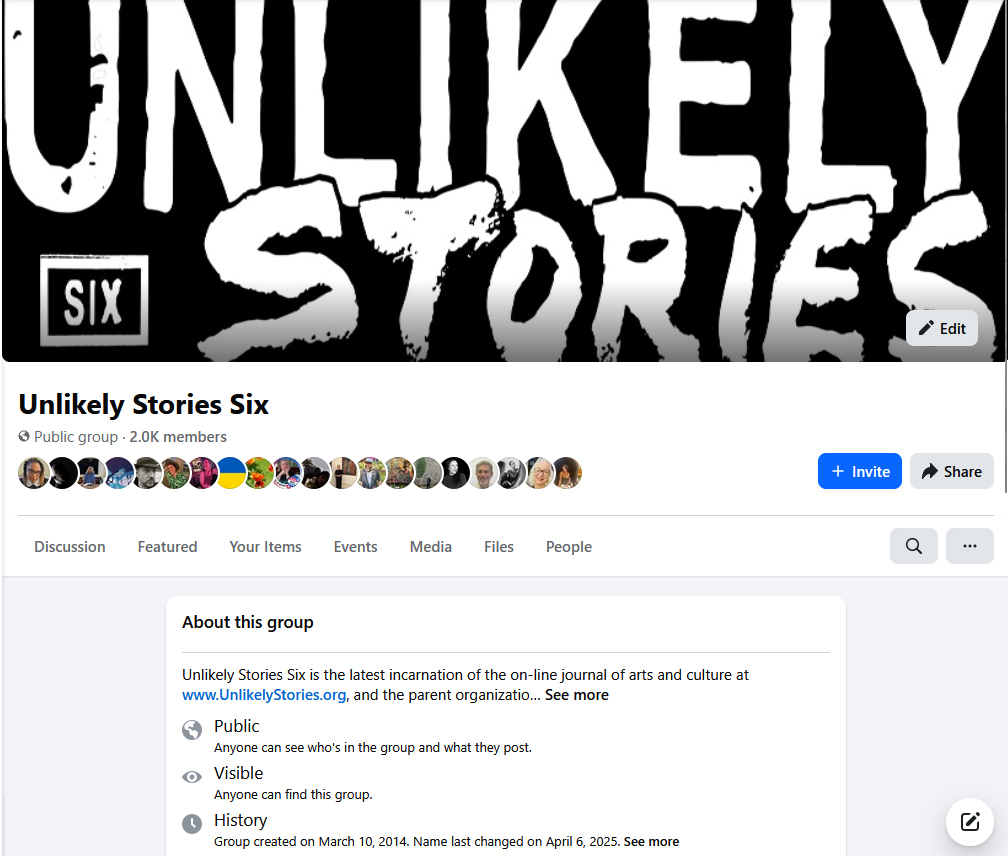by Regina Rheda
At the campaign event, an exhausted Leona was doing her best to stay put, as her teacher and her mother had told her to do. She was finally about to perform on the radio!
And suddenly she panicked.
She scanned the crowd of grownups. It looked bigger than before and unfriendly. It sounded noisier and threatening. She felt lonely and frightened. Why wasn’t her uncle there? She needed his support. Despite so many rehearsals and rigorous coaching from Miss Norma, she was feeling hopelessly unprepared. It seemed that she’d forgotten how to pronounce every single word of her speech. And even if she remembered how to pronounce them, they could still get stuck in her throat and suffocate her. Her eyes were wide open and burning like two bowls of hot pepper. She raised the typed speech in front of them to read it to herself one last time, and to conceal from the crowd her unexpected and overwhelming sheepishness. There was no doubt in her mind that she would fail and that everybody would mock her. Her schoolmates in Guava City, as well as everybody else there and beyond, glued to their radios, expecting to marvel at her presentation, would get nothing in return but a huge disappointment. She wanted to give up and leave. She felt a couple of tears sliding down her cheeks. Her face muscles were pushing downwards, out of control.
She felt like peeing. She couldn’t see much past the crowd of grownups, but she knew that across the lobby, next to the scale and the metal box guarded by the two rigid military policemen, her teacher was talking with her mother. She gestured frantically in their direction. No results. The soda was exploding her bladder. It felt like her face was contracting to squeeze tears and soda out of her eyes. She jumped down from the armchair and tried to run, zigzagging between the grownups’ legs. She didn’t know where the bathroom was, so she went toward her mother’s table.
Susi and Miss Norma saw the girl swerving past the adults in their direction. She was sobbing. Her face was drenched in tears, mucus and spittle. Her pants were wet with urine.
“I don’t want to do the speech anymore. I want to go home,” she cried.
The two stiff military policemen loosened up a little. Some other adults felt sorry for the girl and got closer to her, asking what happened and whether they could help. Susi waved them away. “We’ve got this, thank you very much.”
Susi left her friend in charge of weighing the gold pieces. Together with Miss Norma, she quickly led the girl toward the bathroom, while cleaning her face with a handkerchief.
The intern left the studio to fetch that little girl, Leona Silva, whom Mr. Cardoso had just scheduled to deliver the next speech. Leona was supposed to be sitting in the armchair since the beginning of the event, but the intern found the armchair with nothing but a couple of wet spots, a little pile of Disney comics and a typed sheet. He stared into the crowd searching for the girl’s teacher and her mother. They were nowhere to be seen.
A flustered Mr. Cardoso approached him. “We need you back in the studio right now. The ambassador is on the phone.”
The intern followed his boss back.





Comments
Mary (not verified)
Add comment